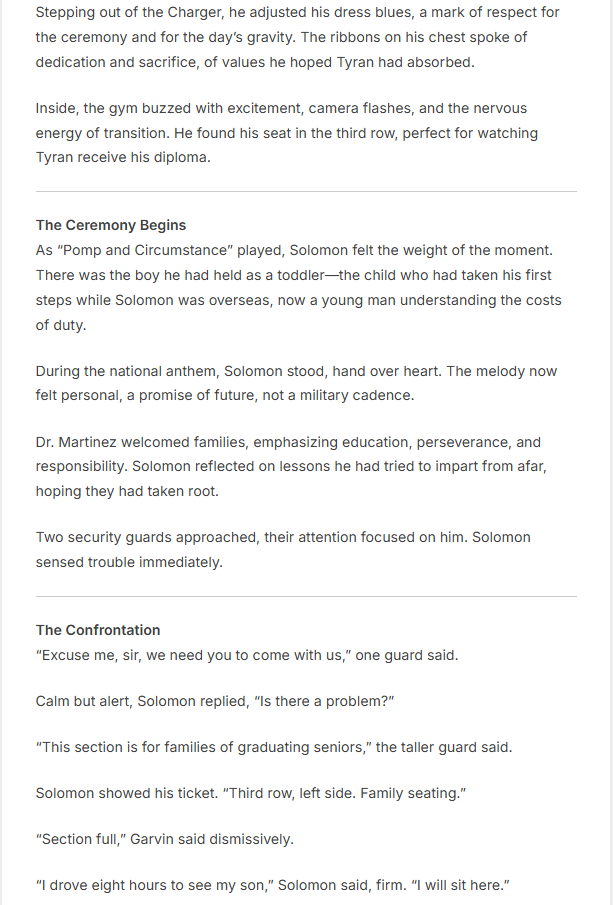In today’s hyper-connected world, it’s almost impossible to escape the constant hum of digital noise. From the moment we wake up, our phones light up with notifications, emails, social media alerts, and news updates. The average person now spends over six hours a day staring at screens — and that’s not even counting professional screen time for those who work on computers. While technology has undeniably made our lives easier, it has also come with an invisible cost: digital fatigue.
More people are realizing that being “always on” isn’t sustainable, and a growing number are turning to unplugged weekends — intentional breaks from digital devices — as a way to recharge their minds, reconnect with reality, and reignite their creativity. This article explores how taking a weekend to disconnect can help restore mental balance, enhance creativity, and improve overall well-being.






The Digital Overload We Face Daily
The human brain was never designed to handle the sheer volume of information it processes today. Every ping, notification, and screen flash demands our attention, fragmenting our focus and leaving little room for reflection or deep thinking. Over time, this constant stimulation leads to mental exhaustion, irritability, and reduced productivity.
Digital fatigue isn’t just about being tired from screens — it’s about the cognitive overload that comes with multitasking across multiple devices. Think about it: how often do you check your phone while watching a show, reply to a text during dinner, or scroll through social media before bed? This behavior not only disrupts attention but also interferes with rest and creativity.
Researchers have linked prolonged screen exposure to higher stress levels, disrupted sleep patterns, and even symptoms resembling anxiety and depression. Our brains, constantly bombarded with input, struggle to process emotions, generate new ideas, and maintain motivation. That’s where the concept of unplugging weekends becomes vital.
What Does It Mean to “Unplug” on the Weekend?
An unplugged weekend is more than just a digital detox — it’s a conscious choice to step back from the online world and reconnect with the physical one. It involves switching off phones, computers, and tablets for a set period (usually from Friday evening to Sunday night) and dedicating that time to real-world activities.
The idea is not to completely reject technology but to create space where the mind can reset without constant digital interference. This pause allows individuals to reflect, rest, and rediscover activities that bring genuine joy and inspiration — reading a book, taking a walk, engaging in a hobby, or spending quality time with loved ones.
The Science Behind Unplugging
Studies on mindfulness and attention restoration show that taking breaks from screens significantly improves focus, mood, and creativity. When the brain isn’t overloaded with stimuli, it naturally shifts into a more reflective and imaginative mode. This “default network” of the brain is active during downtime — the moments when we daydream or let our minds wander.
It’s often during these quiet moments that innovative ideas surface. Think of how many great ideas come while showering, walking, or simply sitting in silence. By unplugging, we recreate those mental conditions that allow creativity to flourish.
Moreover, reduced screen time helps regulate dopamine levels. Digital devices — especially social media platforms — are engineered to trigger dopamine hits with likes, shares, and notifications. This constant stimulation can desensitize the brain, making it harder to find pleasure in everyday experiences. A digital break resets this system, allowing for a more natural and balanced sense of reward and motivation.
The Link Between Rest and Creativity
Creativity doesn’t thrive in chaos. It grows in environments where the mind feels free, calm, and unpressured. When you’re constantly checking messages or scrolling through feeds, your brain is reacting — not creating.
During unplugged weekends, the absence of digital distractions allows the brain to enter deeper states of thought. Without the noise of constant updates, people can think more clearly and connect seemingly unrelated ideas — the foundation of creativity.
Artists, writers, and innovators throughout history have emphasized the importance of solitude and quiet in nurturing creative thought. In a world that values constant productivity, taking time to rest may seem counterintuitive, but it’s precisely this rest that fuels original thinking and problem-solving.
Reconnecting with the Real World
Unplugging isn’t just about mental rest; it’s about reconnecting — with yourself, others, and nature. Real human connection often takes a back seat to digital communication. We may have hundreds of online friends but struggle to have a meaningful face-to-face conversation.
An unplugged weekend can change that. Without screens to distract us, we engage more deeply with those around us. Conversations become richer, laughter feels more genuine, and shared experiences leave lasting memories.
Likewise, spending time outdoors has profound psychological benefits. Studies show that time in nature reduces stress hormones, lowers blood pressure, and improves cognitive function. Whether it’s hiking, gardening, or simply sitting in a park, nature provides the kind of grounding that no device can replicate.
Practical Tips for a Successful Unplugged Weekend
If the idea of switching off feels daunting, that’s normal. We’ve become so dependent on technology that the thought of disconnecting can trigger anxiety. The key is to start small and set achievable boundaries. Here are some strategies to make your unplugged weekend successful:
- Set clear boundaries.
Let friends, family, and colleagues know you’ll be offline for the weekend. Set an auto-reply for emails or texts so people know when to expect a response. - Plan offline activities.
Prepare a list of things you’d like to do — cooking a new recipe, visiting a local market, reading, painting, or exploring nearby trails. Having plans reduces the temptation to reach for your phone out of boredom. - Create a tech-free zone.
Designate certain spaces in your home — like the bedroom or dining area — where no devices are allowed. This reinforces the habit of being present. - Use an analog alternative.
Instead of checking your phone for the time or weather, use a watch or a physical calendar. Small changes like this help retrain your mind. - Reflect on the experience.
At the end of your unplugged weekend, take a few minutes to journal. How did it feel to disconnect? Did you notice improvements in your focus, mood, or energy?
Overcoming the Fear of Missing Out
One of the biggest barriers to unplugging is FOMO — the fear of missing out. People worry about missing messages, updates, or opportunities. However, what’s often missed during constant connectivity is the richness of the present moment.
When you disconnect, you may realize that most of the “urgent” notifications weren’t so urgent after all. Life continues, and more importantly, you gain clarity on what truly matters. The time you reclaim can be spent investing in yourself, your passions, and your relationships.
Long-Term Benefits of Regular Digital Breaks
Making unplugged weekends a regular habit can bring long-lasting benefits. Many people report improved sleep, reduced anxiety, and a greater sense of fulfillment. Creativity blossoms because the mind is no longer stuck in reactive mode.
Over time, you may notice enhanced focus during the week, better emotional resilience, and a renewed sense of balance. These benefits compound, creating a healthier relationship with technology rather than total dependence on it.
Conclusion: Rediscovering the Power of Stillness
In a world that never stops buzzing, taking time to unplug isn’t just a luxury — it’s a necessity. By dedicating weekends to digital silence, you give your mind the rest it deserves and your creativity the space it needs to grow.
Unplugging reconnects us with our most human qualities: curiosity, imagination, and empathy. It reminds us that life’s most meaningful moments rarely happen on a screen but in the quiet, unscripted spaces of real life.



